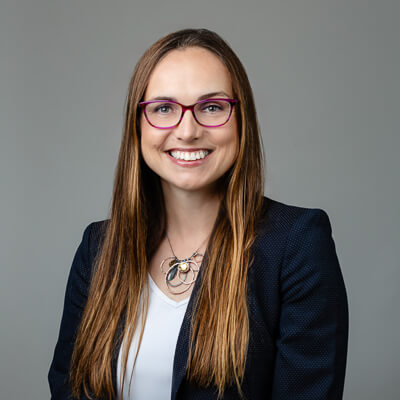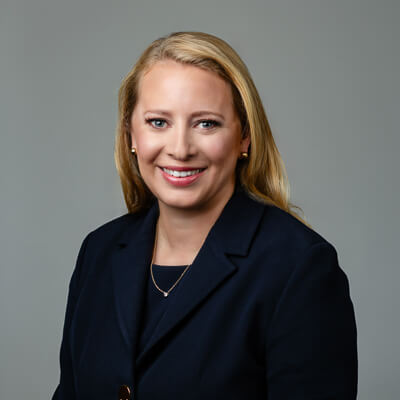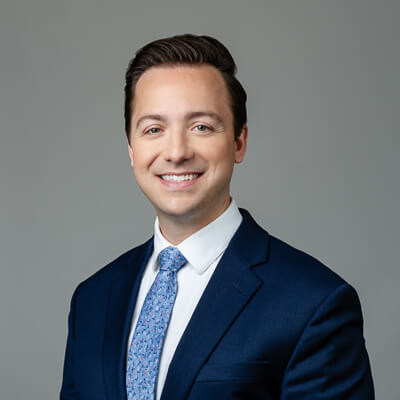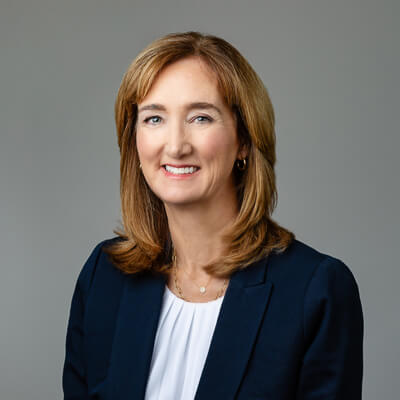Compassionate Connecticut Wrongful Death Lawyers
Walsh Woodard is proud to stand up for families
No one ever thinks it will happen to their family, but losing a loved one because of someone else’s negligent or wrongful conduct can make the loss even more devastating for a grieving family. As you’re left to pick up the pieces, legal action may be the furthest thing from your mind. But it’s important to understand your rights and options, and the right law firm can help.
Walsh Woodard, LLC has a strong, winning track record for Connecticut families in high-stakes wrongful death cases. Our legal team will be your advocate and your voice during this difficult time while you focus on your family. Give us a call or contact us online for a free, confidential consultation.
Talk to an experienced wrongful death lawyer today
We encourage you to seek legal advice sooner than later. It’s important to understand your options and your rights under Connecticut law. Talking to an attorney isn’t a commitment to file a lawsuit; it’s an opportunity to tell your story, get answers to questions you may have, and better understand your family’s legal rights.
If you have lost a loved one due to negligence, we would be honored to listen to you and explain your options. Feel free to give us a call or contact us online for a free consultation with a compassionate Connecticut wrongful death attorney.
A wrongful death claim is a civil action brought by the estate of a person who died as a result of someone else’s negligence. It’s essentially a personal injury case brought on behalf of the deceased. Wrongful death can be the result of any incident caused by negligence, including but not limited to:
- Car accidents
- Truck accidents
- Slip and fall/premises liability
- Medical malpractice
- Nursing home negligence
To bring a wrongful death case, you need to prove that an at-fault party was legally responsible for your loved one’s death. Your wrongful death claim is separate from any criminal charges that the State of Connecticut might bring in connection with the same death.
In Connecticut, only the administrator or executor of the estate can file a wrongful death lawsuit. When a person passes away, the probate court should name someone as an administrator or executor, usually but not always a surviving spouse, child, or other close family member.
If your loved one’s estate hasn’t been opened yet, we can help guide you through the process.
In general, a wrongful death claim must be brought within two years of the date of death but cannot be longer than five years from the act or omission that led to the death. However, this can be a complex legal analysis where different time limits may apply in certain situations, particularly if the death was caused by a government entity or employee. That’s why it’s always in your interest to talk to an attorney as soon as possible.
Depending on the circumstances, the possible damages (financial compensation) you can pursue in a wrongful death case include:
- Loss of income that the deceased person would have earned, if they had lived,
- Loss of their ability to enjoy and carry on life’s activities,
- Conscious pain and suffering before death,
- Medical expenses related to their final injury or illness,
- Funeral and burial expenses,
- Loss of consortium (the loss of affection, moral support, companionship, and related losses for the surviving spouse)
No amount of money can truly make up for the loss of a loved one. However, compensation recovered in a wrongful death claim can help the surviving family members maintain their quality of life. Winning a wrongful death lawsuit also provides a degree of closure, since someone is held definitively responsible for your loved one’s passing. Wrongful death claims send a strong message to insurers and bad actors that may protect other families from suffering similar tragedies.
Walsh Woodard handles wrongful death cases on contingency. That means you don’t have to pay us a retainer or an hourly fee. Instead, our fee is a percentage of the recovery if and when we win your case. If we don’t secure a settlement or verdict on your behalf, then there is no attorney’s fee. We only get paid if we win.





